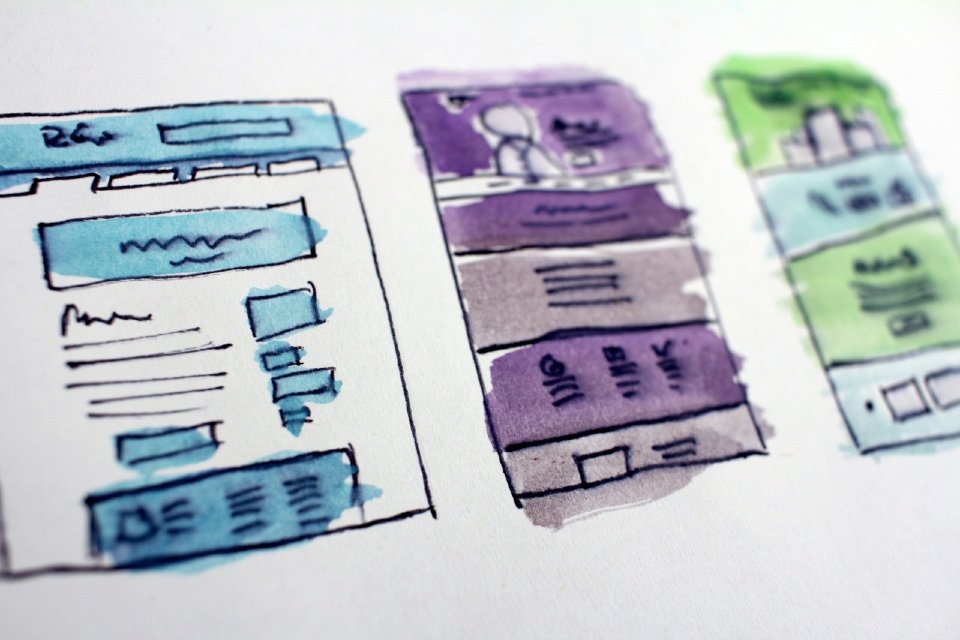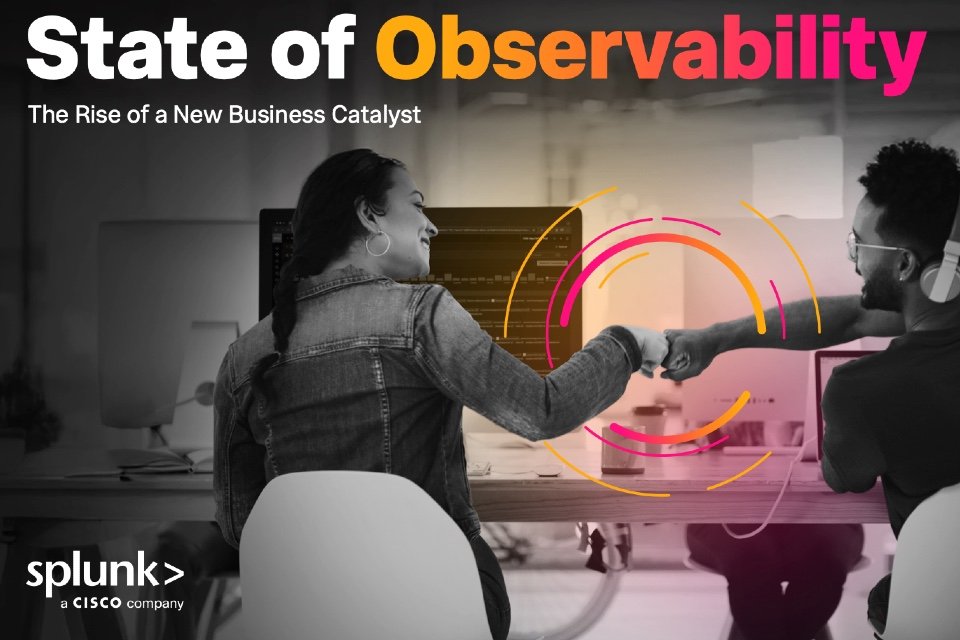As technological advancements continue at an unprecedented rate, businesses are incessantly seeking ways to enhance their customer experience (CX). A core strategy that has gained significant traction in recent years is the proliferation of self-service options. Over the next five years, the evolution of self-service is poised to transform CX in several distinct ways. Here we explore a few possibilities, based on input from delegates at the Contact Centre & Customer Services Summit…
- Greater Personalisation Through AI and Machine Learning:
- The integration of AI and machine learning into self-service platforms will usher in a new era of personalisation. Customers will be met with interfaces that intuitively adapt to their individual preferences and browsing behaviours. By predicting a user’s needs based on their past interactions, businesses can proactively present solutions even before a customer recognises the need, streamlining their journey and amplifying satisfaction.
- Omnichannel Consistency:
- The rise of multiple touchpoints, from mobile apps and websites to chatbots and kiosks, demands an integrated, seamless user experience. Over the next five years, businesses will increasingly ensure that their self-service options offer a consistent experience, irrespective of the medium. The goal is to provide a fluid, brand-cohesive journey, allowing customers to switch between platforms without losing context or convenience.
- Enhanced Virtual Assistants and Chatbots:
- Virtual assistants and chatbots will undergo significant evolution, moving from simple scripted responses to sophisticated entities capable of understanding and processing complex human emotions and nuances. This will make interactions feel more ‘human’, despite being automated, thus ensuring that even self-service channels retain a touch of personal connection.
- Augmented Reality (AR) and Virtual Reality (VR) Integration:
- AR and VR technologies are poised to redefine the realms of self-service, particularly in sectors like retail and real estate. Imagine a scenario where customers can ‘try on’ clothes virtually or take a VR tour of a property they intend to buy. Such immersive experiences can significantly enhance decision-making and satisfaction.
- Predictive Self-Service:
- As data analytics becomes more advanced, businesses will be equipped to forecast potential issues customers might face and preemptively provide self-service solutions. For instance, software platforms might offer troubleshooting steps even before a user recognises a glitch.
- Empowerment of Customer Independence:
- A subtle but profound shift will be the increasing empowerment of customers who prefer a do-it-yourself approach. Enhanced self-service tools will cater to this demographic, allowing them to resolve issues, make informed decisions, and complete tasks at their own pace and discretion.
- Security and Privacy Focus:
- With the growing emphasis on data protection, especially with regulations like GDPR, self-service platforms will integrate more robust security protocols. Customers will be able to access services with the confidence that their data remains uncompromised.
The future of self-service in shaping customer experience is intrinsically linked to the rapid technological advancements of our age. As businesses pivot towards offering more autonomous tools, the next half-decade will witness a blend of efficiency, personalisation, and innovation, all aimed at placing the customer at the heart of the journey.
Are you looking for Chat and Web Self-Service solutions for your business? The Contact Centre & Customer Services Summit can help!
Photo by Hassan OUAJBIR on Unsplash





